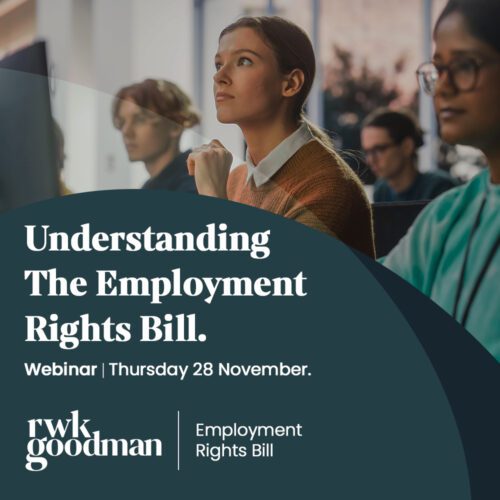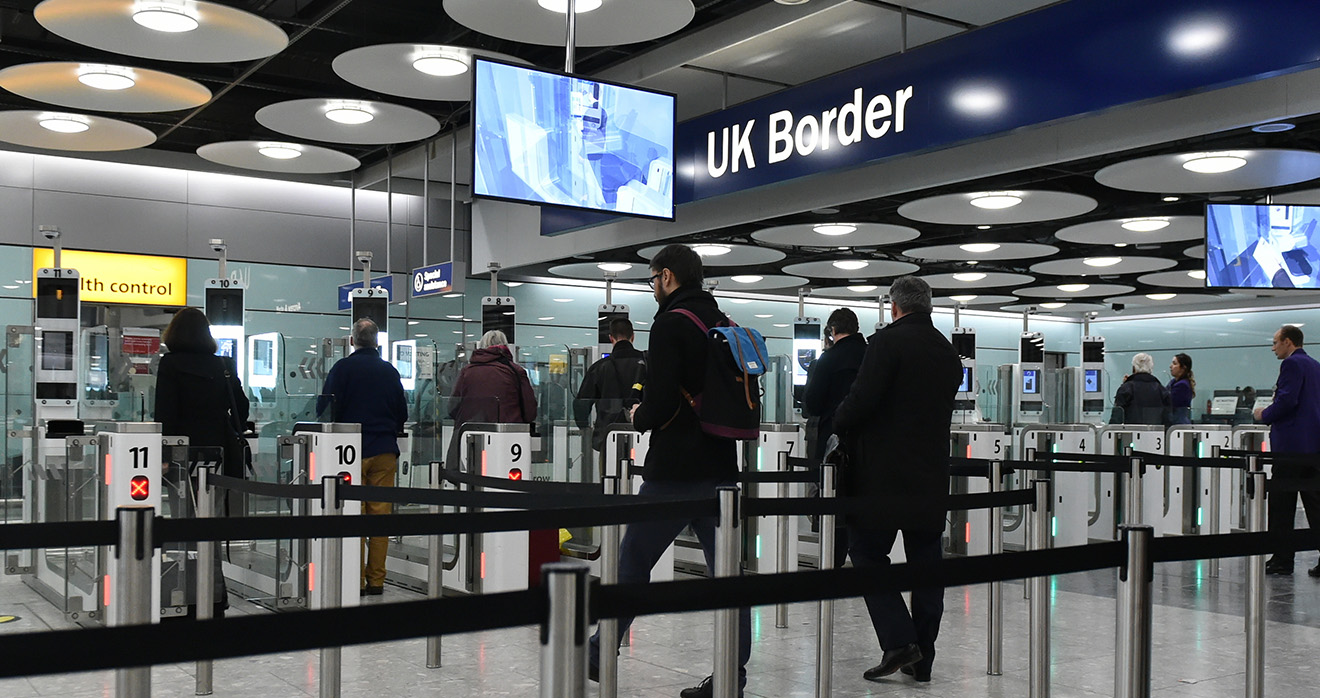Employment Rights Bill 2024: Zero hours contracts

The recently announced Employment Rights Bill 2024 (“Bill”) marked an important advancement in safeguarding employees in the workplace. Amongst other changes, the Government has announced that it will address one-sided flexibility by “banning exploitative zero-hours contracts”. Around one million people aged over 16 reported being on zero hours contracts between April – June 2024, amounting to around 3.1% of the total working population.
Outlawing zero hours contracts
Outlawing zero hours contracts The proposed outlawing of zero hours contracts was a long-standing Labour party policy during their time in opposition. The 2024 election manifesto narrowed the definition to ‘exploitative’ zero hours contracts in an apparent attempt to ensure that those workers benefiting from the flexibility offered by these arrangements were not unreasonably disadvantaged.
Guaranteed hours
The headline proposal on Zero Hours outlined by the Bill is the right of workers to be offered a fixed hours contract based on hours that they habitually work over a set reference period, with the government’s preference for this being 12 weeks (but ultimately with the secretary of state holding the power to make regulations on this point).
Our perspective and practical implications
The key wording here is the ‘right’ for workers to be offered such terms rather than any automatic trigger, maintaining the option for those wishing to retain the flexibility of a zero-hour arrangement. This does necessarily mean a reduction in flexibility for employers and a need for employers to address their staffing structures where zero hours arrangements are routinely used.
Right to notice
The Bill also states that workers on zero hours contracts will be given the right to reasonable notice of shifts and compensation for shifts that are moved or cancelled at short notice; what precisely constitutes “moved” or “short notice” will be set by the secretary of state in future regulations.
The Bill will also introduce a new section into the Employment Rights Act 1996, stipulating protections for workers against detriment and dismissal where they have refused to work shifts given with inadequate notice. A ‘detriment’ in this case would include an employer offering fewer or no shifts to a worker who had refused a shift on inadequate notice.
Our perspective and practical implications
Again, for organisations that have relied on the flexibility offered by zero hours contracts this may mean a substantial re-think on the structure of working patterns and short to medium term planning of staffing needs. Much may also depend on the results of the current consultation into how these changes will affect agency workers (see below).
Future developments
The proposals prompt a number of questions that will need to be addressed before implementation. The government have indicated that they wish the protections to cover ‘low hours’ or ‘minimum hours’ workers but with little on precisely how these terms are to be defined. The question of status also comes into play with many who will transition from zero to fixed hours likely to also transition from ‘worker’ to ‘employee’ status, with Labour’s previous plan to abolish this distinction having been – for now at least – shelved.
Consultation and agency workers
With no concrete timetable for the implication of this section of the Bill, the focus now is on the consultations launched shortly following the Bill’s publication. The Consultation on the application of zero hours contracts measures to agency workers, as its name suggests, focusses on the tripartite relationship between end hirers, employment agencies and agency workers in the context of zero hours arrangements; the consultation closes on 2 December 2024. As of March this year, ONS data revealed around 900,000 agency workers in the UK, 140,000 of whom were on zero hours contracts.
The consultation will address the question of whether the requirement to offer a contract for guaranteed hours should fall on the agency or the end hirer. It also addresses the practicalities of the reasonable shift notice and whose responsibility this should be. The government currently proposes that both the end hirer and the agency should provide reasonable shift notice meaning both would be liable for compensation for losses resulting from breaches of this duty.
The consultation also addresses the complications around compensating workers for short notice shift cancelation. Should, for instance, the agency be responsible for paying such compensation and if so, should they themselves be compensated by the end hirer if it is responsible for the short notice cancelation?
Our perspective and practical implications
Employers regularly involved in tripartite arrangements in the use of zero hours contracts would be wise to review their current arrangements with agencies to safeguard against further liabilities that could emerge as a result of these consultations once the bill is enacted.
What’s next?
We do know that the version of the legislation published last month is almost certainly not the version that will come into force following the bill’s royal ascent; what this final form will be is currently unknown, as is the precise legislative timetable, although government sources have said that much of the bill is unlikely to come into force before Autumn 2026. Before that of course, will be the results of the consultation which closes next month; this should give some indication as to the Bill’s direction of travel.

Labour’s once in a generation employment reforms Bill has arrived. But what will it mean for employers and employees? Will it actually make positive change? How will it protect workers rights whilst not obstructing an employer’s drive for productivity.








